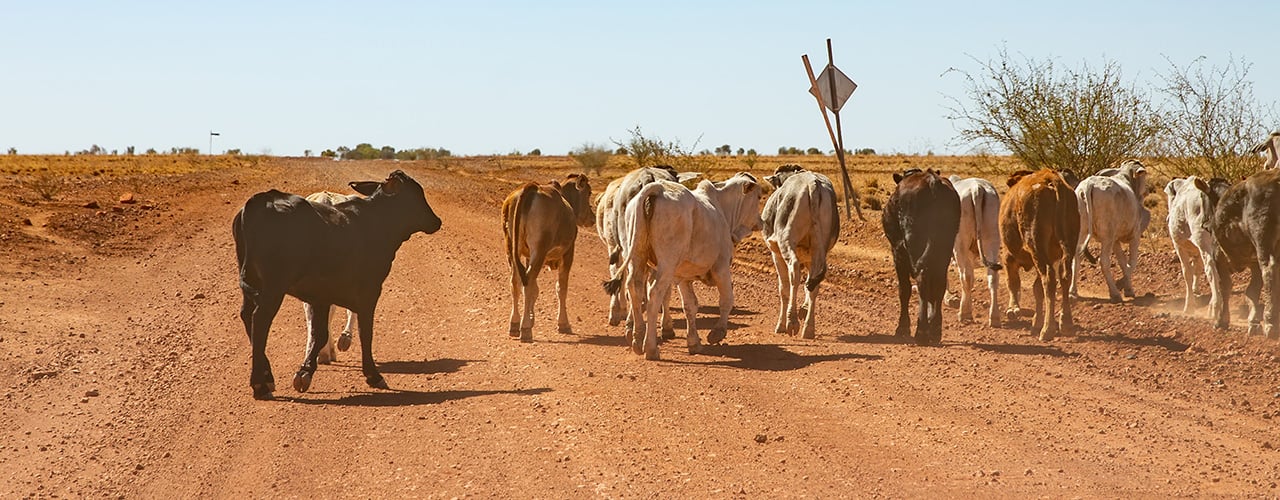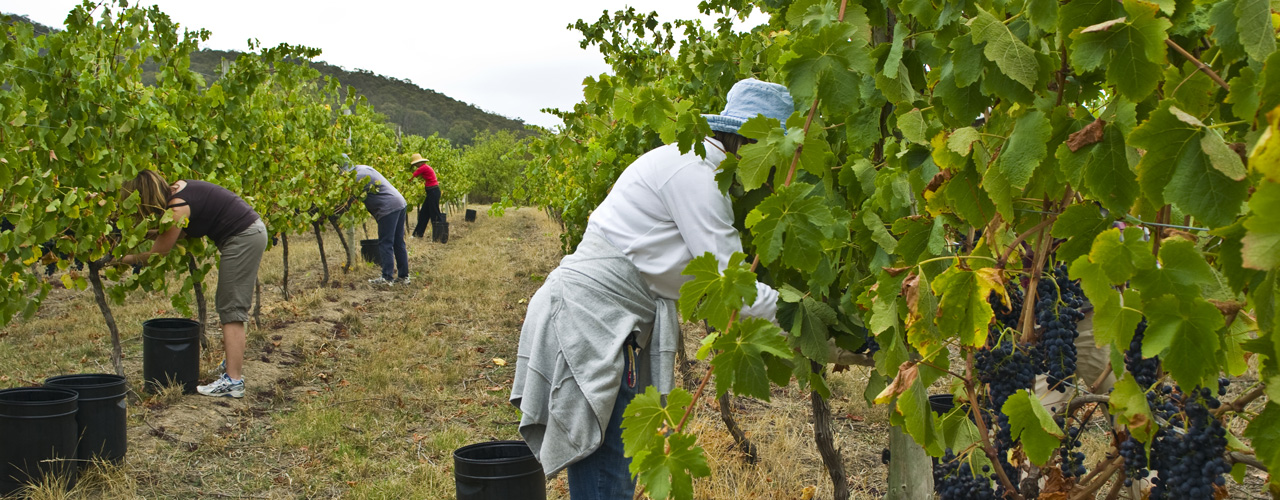Australia and the UK have always shared close ties. While this has played out through a sporting rivalry, agricultural exports to the UK have remained modest over the past two decades. The recent signing of a free trade agreement between the two countries could change this in coming years. Let’s take a look at how a closer trading relationship could allow for a boost in Australian agricultural exports to the UK.
But first, a little more background on the A-UK FTA and our recent UK export history…
The Australian and the United Kingdom (UK) governments signed an ‘in principle’ Free Trade Agreement (FTA) on the 15th of June. This agreement follows almost a year of back-and-forth negotiations. The FTA is due to come into effect in 2022 pending further scrutiny with the parliaments of both countries required to ratify the deal. Australian producers have not enjoyed the proposed level of access to the UK market since 1973. Prior to the UK joining the then European Common Market.
In 2020, the UK was the 14th largest market for Australian agricultural exports, valued at a modest $805 million. Wine, sheep meat, beef and sugar make up the majority of our exports to the UK. So let’s take a deeper dive into what the new FTA could mean for these commodities.
Wine
It’s no surprise that wine remains Australia’s most important agricultural export into the UK. Australian producers exported over $509m of wine to the UK for the 12 months leading up to April 2021. This is a 36% increase on the year prior, despite global Australian wine exports declining by 4%. Australia is currently the fourth largest global exporter of wine into the UK behind New Zealand, Italy, and France. Tariffs on Australian wine to the UK are currently costing wine producers an estimated 18 to 27 cents per bottle. These tariffs will be eliminated completely when the agreement comes into force. This is expected to result in an increase of Australian wine exports to the UK. Australian producers estimate the agreement could recoup as much as 20% of sales lost from the Chinese market.
Beef
Australian beef producers have typically exported modest amounts of beef to the UK. The quotas and high tariff levels imposed upon Australian exports meant the UK received only 0.15% of all Australian beef exports in 2020. Australian beef exported to the UK is currently restricted by a quota of 3,761 tonnes. While producers are subject to a 12% tariff rate with surcharges of between £1.40 and £2.50 a kilo also imposed. Once the agreement comes into force, the tariff-free quota will be increased to 35,000 tonnes initially, then 110,000 tonnes after ten years and 170,000 after 15 years. Producers expect Australian exports of beef to the UK will at least double or even triple given the minimal amounts of beef exported.
Lamb
The UK has typically been a minor market for Australian lamb producers over the past five years. The UK currently accounts for just over 2% of all lamb and sheep meat exports. Australian producers are currently limited to an export quota of 13,335 tonnes with this quota to rise to 25,000 when the deal comes into force. This quota will increase to 75,000 tonnes after 10 years and 125,000 tones after 15 years. Australian lamb exports currently pay a tariff of 12% plus between £0.75 and £2.60 a kilo. These increased quotas are unlikely to lead to an immediate bounce in lamb exports. This is due to strong demand throughout Asia, thanks to the growing middle class and limited lamb supply. These export markets, combined with low slaughter rates, will limit the growth of Australian lamb exports to the UK. Despite these limitations, the further diversification of potential export markets remains a fantastic opportunity for producers. Particularly given the current geopolitical landscape that exporters must operate within.
Sugar
The tariff free quota for Australian sugar exports will rise to 80,000 tonnes when the FTA is enacted. The quota will increase by a further 20,000 tonnes every year for the next eight years. Australian producers typically export upwards of 85% of the sugar cane crop each year, amounting to almost $2b annually. The majority of these exports are to countries within the Asia-Pacific region, with South Korea, Japan and Indonesia accounting for over 80% of exports. The Australian sugar industry is not anticipating a significant rise in sugar exports to the UK. Though the FTA will provide a welcome diversification for the export-oriented industry regardless.
It’s not just exports that will benefit – seasonal labour will be given a boost too… eventually…
Changes to working visas have also been reworked alongside the new agreement. The age limit for working holiday visas has been increased from 30 to 35 across both nations. Australia have also agreed to remove the requirement for British backpackers to work on Australian farms for 88 days. This is expected to reduce the amount of labour available to Australian producers by an estimated 10,000 workers. This is a significant reduction given the challenges producers are already encountering sourcing seasonal labour. To address this, the Australian government have announced a brand-new agricultural visa program. This visa that will cover both the UK and members of the Association of South East Asian Nations (ASEAN). The visa is expected to be valid for three years and workers required to leave Australia for three months per year. Though finer details regarding the new ag visa remain scarce.
Where to from here?
While the FTA has been generally well received in Australia, the UK’s National Farmers Union (NFU) has voiced their concerns. They remain concerned about the impact that increased quotas will have on UK farmers and is seeking further safeguards for its producers. They have also expressed their concern about the precedent that the UK government has set by signing the in-principal agreement.
Overall, the FTA offers Australia a key opportunity to further diversify our potential ag export markets. But while the increased quotas will see exports rise in the long term, the significant geographical distance between the two countries will ensure the cost of Australian goods remains high. The high price of Australian produce may offset the benefits of the FTA’s increased quotas. This may result in only a modest increase in Australian exports to the UK.
Just like with any Ashes series, watch this space to see how the new FTA will play out between Australia and the UK.




